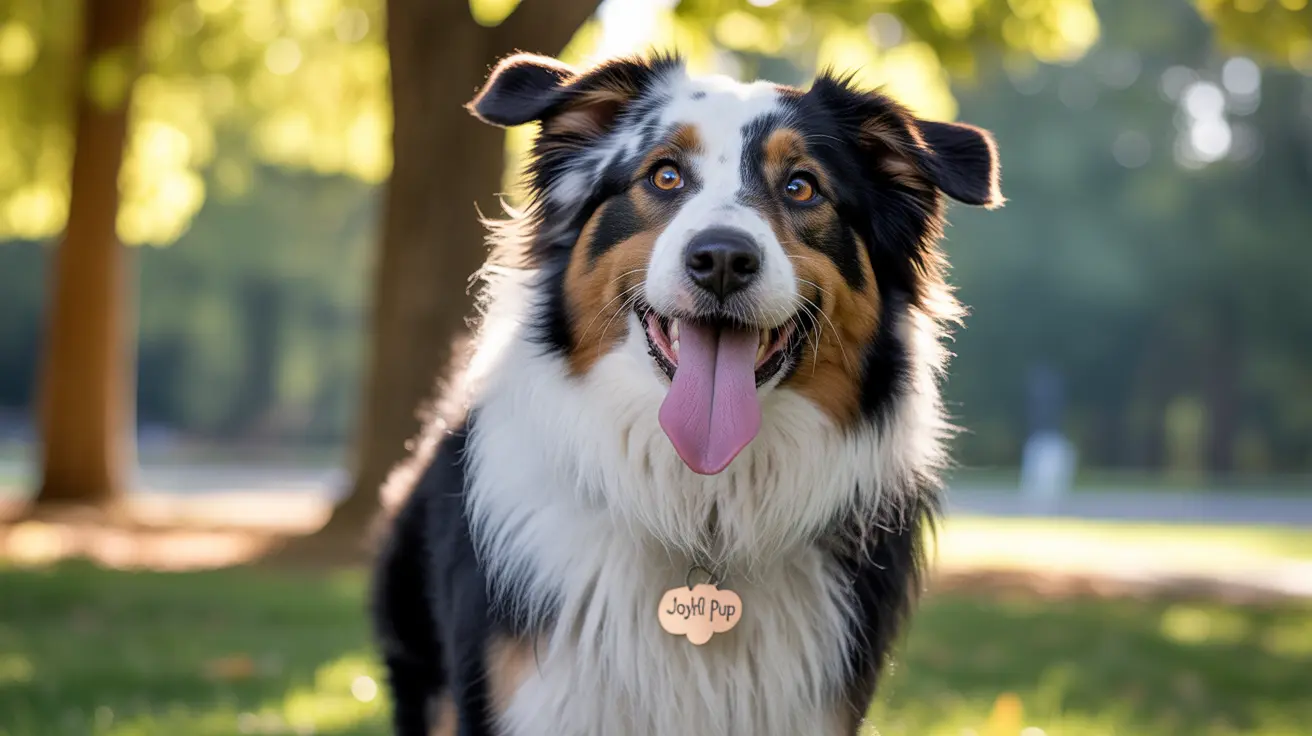When your dog starts panting and shaking, it can be concerning, especially if you're unsure what's causing these symptoms. From normal responses to exercise and excitement to signs of serious medical conditions, understanding why dogs pant and shake is crucial for every pet parent.
In this comprehensive guide, we'll explore the various causes of dog panting and shaking, help you identify when these behaviors warrant veterinary attention, and provide practical solutions for managing these symptoms in your furry friend.
Common Causes of Dog Panting and Shaking
Normal Physiological Responses
Dogs naturally pant and shake in response to various everyday situations. Physical activity, excitement during playtime, or anticipation of meals can trigger these behaviors. These responses are typically short-lived and resolve once your dog calms down or rests.
Temperature Regulation
Dogs use panting as their primary cooling mechanism since they can't sweat like humans. In cold weather, shaking or shivering helps generate warmth. However, excessive panting in hot weather or persistent shivering in cold conditions can indicate your dog is struggling to regulate their temperature effectively.
Medical Conditions That Cause Panting and Shaking
Pain and Discomfort
Chronic conditions like arthritis, particularly common in senior dogs, often cause panting and shaking. Dogs may show these symptoms when experiencing joint pain, muscle soreness, or general discomfort. Watch for additional signs like difficulty getting up or reluctance to exercise.
Anxiety and Stress
Many dogs exhibit panting and shaking during stressful situations such as thunderstorms, fireworks, or separation from their owners. Senior dogs may become more anxious due to cognitive decline, leading to increased instances of these behaviors.
Emergency Situations
Serious Medical Conditions
Certain medical emergencies can manifest as panting and shaking, including:
- Poisoning or toxic exposure
- Seizures
- Heart disease
- Respiratory distress
- Severe pain or trauma
If your dog shows additional symptoms like collapse, disorientation, or excessive drooling, seek immediate veterinary care.
When to Seek Veterinary Care
Contact your veterinarian if you notice:
- Sudden onset of excessive panting or shaking
- Symptoms lasting more than a few hours
- Additional concerning signs like lethargy or loss of appetite
- Changes in behavior or routine
- Difficulty breathing or unusual breathing patterns
Prevention and Management
Take these steps to help prevent and manage panting and shaking:
- Maintain regular veterinary check-ups
- Keep your dog at a healthy weight
- Provide appropriate exercise and mental stimulation
- Create a calm, comfortable environment
- Monitor temperature exposure
- Address anxiety through training or medication if recommended by your vet
Frequently Asked Questions
Why is my senior dog panting and shaking — when should I worry?
Worry if the panting and shaking are excessive, sudden, or accompanied by other symptoms like lethargy, loss of appetite, or difficulty moving. Senior dogs may pant and shake due to pain, anxiety, or medical conditions, so any significant changes should be evaluated by a veterinarian.
What medical conditions can cause panting and shaking in older dogs?
Common medical conditions include arthritis, heart disease, respiratory problems, neurological disorders, hormonal imbalances, and pain from various sources. Cognitive dysfunction in senior dogs can also lead to anxiety-related panting and shaking.
How can I tell if my dog's panting and shaking are due to pain or anxiety?
Pain-related symptoms often worsen with movement and may be accompanied by limping, reluctance to move, or sensitivity to touch. Anxiety-related symptoms typically occur in response to specific triggers like loud noises or separation and may improve with comfort and reassurance.
What should I do if my dog is panting and shaking after being outside in hot or cold weather?
Move your dog to a temperature-controlled environment immediately. For overheating, provide cool (not cold) water and contact your vet if symptoms persist. For cold exposure, warm them gradually with blankets and monitor for signs of hypothermia.
Can panting and shaking in dogs be signs of seizures or other emergency health issues?
Yes, these can be signs of serious conditions requiring immediate veterinary care. During a seizure, dogs may show uncontrolled shaking, loss of consciousness, or unusual behavior. Other emergencies like poisoning or severe pain can also cause panting and shaking.
Remember, while some causes of panting and shaking are normal, persistent or severe symptoms should always be evaluated by a veterinarian to ensure your dog's health and well-being.






